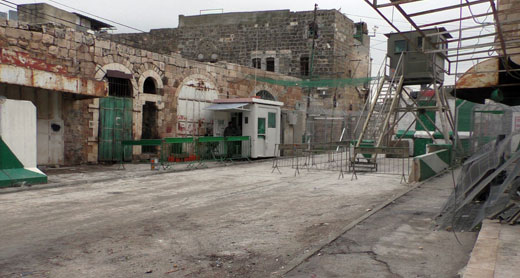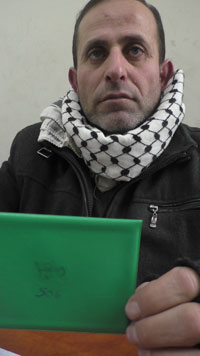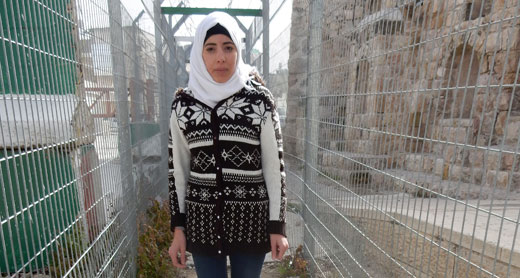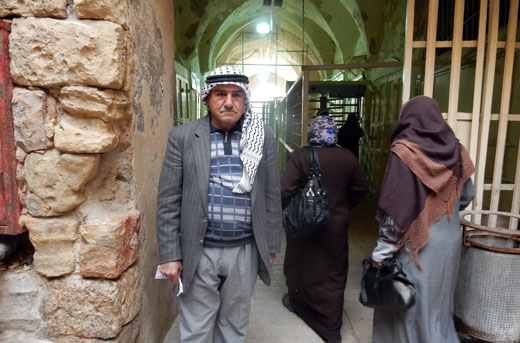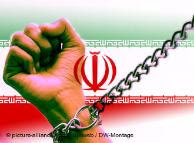چارپاره هالونامه گلبانگ کرمانی)
📝 درپاسخ منظومه چارپاره هالو خطاب به فرزندش از زندان رجایی شهرکرج ؛ تقدیم به این هنرمند دردآشنای مردم و پسر دلبندش ...
(هالونامه گلبانگ کرمانی)
هالو ای عندلیب زندانی !
نامه ات برپسر تکانم داد
سید شعر طنز ای آقا!
سخنانت دوباره جانم داد
نامه ات برپسر تکانم داد
سید شعر طنز ای آقا!
سخنانت دوباره جانم داد
گرچه بغض پسر جگرسوز است
دل بابا از آن به درد آید
لیکن ازقطره قطره اشکش
بوی ایران و بوی مرد آید
دل بابا از آن به درد آید
لیکن ازقطره قطره اشکش
بوی ایران و بوی مرد آید
پسرت همچو هر جوان رشید
فخرفردای این وطن باشد
باغبانش تو بوده ای پس وی
گل خوشبوی ما و من باشد
فخرفردای این وطن باشد
باغبانش تو بوده ای پس وی
گل خوشبوی ما و من باشد
این حصار بلند سنگی هم
روزگاری یقین فرو ریزد
تا دگرباره هدهد هادی
از نهانخانه اش بپا خیزد
روزگاری یقین فرو ریزد
تا دگرباره هدهد هادی
از نهانخانه اش بپا خیزد
گفتن حق اگرچه آن تلخ است
بر مسلمان سفارش دین است
هر که شیدای مکتب مولاست
نیک داند ستون آیین است
بر مسلمان سفارش دین است
هر که شیدای مکتب مولاست
نیک داند ستون آیین است
در دیاری که جمله از انصاف
یا شعار برابری گوییم
کاش می شدکه با برادرها
اندکی ازبرادری گوییم
یا شعار برابری گوییم
کاش می شدکه با برادرها
اندکی ازبرادری گوییم
شاعری که سلاح او قلم است
قلمی که به ذات آسمانی او
خورده خالق به خاطرش سوگند
آفرین بر خدای بانی او !
قلمی که به ذات آسمانی او
خورده خالق به خاطرش سوگند
آفرین بر خدای بانی او !
وا اسف بشکند بشر آنرا ؛
یا که درحصر منزوی گردد
ای شگفتا که در زمانه ما ؛
بخت از اهل فکر برگردد
یا که درحصر منزوی گردد
ای شگفتا که در زمانه ما ؛
بخت از اهل فکر برگردد
من که هفتاد و اندی ازعمرم
شد نثار تعلم و تعلیم
خواهشی دارم ازتو ای مسوول
برهنر بیشتر کنی تعظیم
شد نثار تعلم و تعلیم
خواهشی دارم ازتو ای مسوول
برهنر بیشتر کنی تعظیم
بهر هالوی ملت ایران
باز کن در که این قفس تنگ است
دشمن مشترک نظاره گراست
در فضایی که خصم در جنگ است
باز کن در که این قفس تنگ است
دشمن مشترک نظاره گراست
در فضایی که خصم در جنگ است
من -بگلبانگ- عشق می گویم
نشود هرگز از نظرها گم
گر به دژبان و حبس هم باشد
شاعر شادی دل مردم - . . .
-----------------------
( گلبانگ کرمانی) عباس دبستانی رفسنحانی-تهران20/دی/94-
گر به دژبان و حبس هم باشد
شاعر شادی دل مردم - . . .
-----------------------
( گلبانگ کرمانی) عباس دبستانی رفسنحانی-تهران20/دی/94-
🍀🍀🍀🍀🍀🍀🍀🍀🍀🍀🍀

